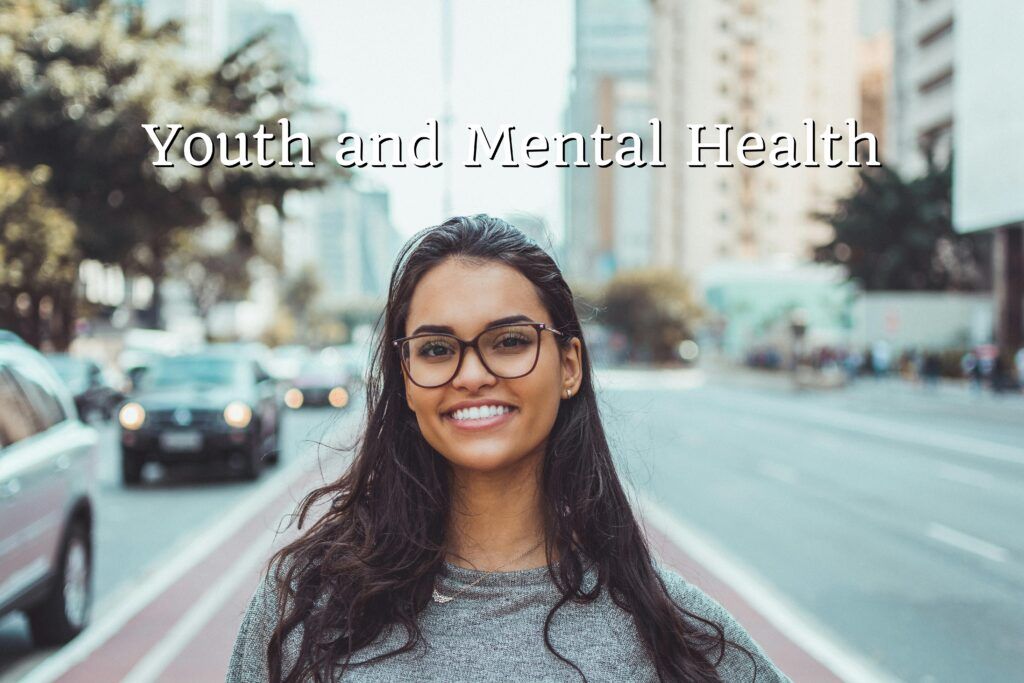Hello again, fellow travelers on this A2Z Blogchatter journey. We’re nearly at the finish line, and today, we arrive at the letter Y—a letter I’ve been waiting for with special care. Because when we talk about Youth and Mental Health, we’re not just exploring a topic. We’re talking about a generation that is growing up in one of the most emotionally complex, digitally overwhelming, and socially turbulent times in history.
As a mental health professional, and as someone who works closely with young people in various capacities, I say this with conviction: we are not listening enough. And when we do listen, we are often listening to respond, not to understand.
Let’s pause today and really explore what it means to support the mental health of our youth.

The Changing Landscape of Adolescence and Early Adulthood
Today’s youth are navigating pressures that didn’t exist in the same form even a decade ago—hyper-connectivity, constant comparison, climate anxiety, academic stress, career uncertainty, peer validation through likes and shares, and a relentless pursuit of success. All this while still figuring out who they are.
They are asking real questions:
- “What if I don’t know what I want to do with my life?”
- “Why do I feel anxious even when everything seems okay?”
- “Why does no one understand how tired I am inside?”
- “Why do I feel so alone even with so many people around me?”
And the responses they often get?
- “You’re just being dramatic.”
- “In our time, we didn’t have time to be depressed.”
- “You have everything. What do you have to be sad about?”
This invalidation chips away at their sense of worth. It teaches them that their emotions are too much, that their confusion is a flaw, and that their pain doesn’t deserve a place at the table.

The Realities We Must Acknowledge
Mental health issues in young people are real. The World Health Organization reports that half of all mental health conditions start by the age of 14. Depression, anxiety, eating disorders, self-harm, and suicidal ideation are not rare—they are alarmingly common.
But here’s the harder truth: stigma and silence are still the biggest barriers. Young people hesitate to seek help because they fear judgment, dismissal, or being labeled. And in many cases, they’re right—these are the very responses they receive.
This is where we, as caregivers, educators, counselors, mentors, or just responsible adults, must step in with awareness, openness, and empathy.

What Do Our Youth Need From Us?
- Validation – Not every problem needs a solution. Sometimes, they just need to hear: “That sounds really hard. I’m here for you.”
- Safe spaces – Environments where they can speak without fear of being interrupted, mocked, or judged.
- Information – Honest conversations about mental health, boundaries, identity, sexuality, social media, and failure. The silence around these topics does more harm than we realise.
- Support without pressure – Sometimes we want so badly for our kids to be okay that we rush their healing. We must learn to sit with them in their discomfort without trying to fix it immediately.
- Mental health education in schools and colleges – This can’t just be a one-time session. It has to be integrated, consistent, and accessible.

And to the Youth Reading This…
If you are a young person trying to figure life out—you are not alone. What you’re feeling is valid. You are not broken for having emotions. You are not weak for needing support. Asking for help is not a sign of failure—it’s a sign of incredible courage.
Whether you’re 13 or 23, your inner world matters. Your confusion, your joy, your anger, your heartbreak—it all matters. Healing is not linear. You don’t have to have it all figured out right now. Please don’t be afraid to reach out. To a parent, a teacher, a friend, a counselor. Or even to yourself—with compassion.

Let’s Be the Generation That Changes the Conversation
We owe it to our youth to do better—not just through words but through action. Let’s stop saying “kids these days have it easy” and start asking “what do kids these days need that we didn’t?” Let’s teach them coping strategies, emotional literacy, and resilience—not through lectures, but through lived empathy.
Mental health doesn’t have a minimum age requirement. We must learn to hear the silence behind the smiles, the distress behind the defiance, the pain behind the perfection.

As we close the chapter on Y, I feel both heavy and hopeful. Heavy for the struggles our youth endure quietly. Hopeful that more of us are beginning to notice, speak up, and hold space for them.
We have one more stop left—Z. And as we wrap up this A2Z Blogchatter journey tomorrow, we’ll reflect on how everything we’ve explored connects back to you. Until then, hold space for the young hearts around you. And if you’re one of them—hold space for yourself.
With warmth, always.



As a mother of a teen and tween, I can’t agree more with your piece. Kids seek validation in the wrong places and learn from the wrong sources (TV/Internet) rather than seeking knowledge from their peers or family. Conversations are few and the gap both mental and physical too much in the current scenario.